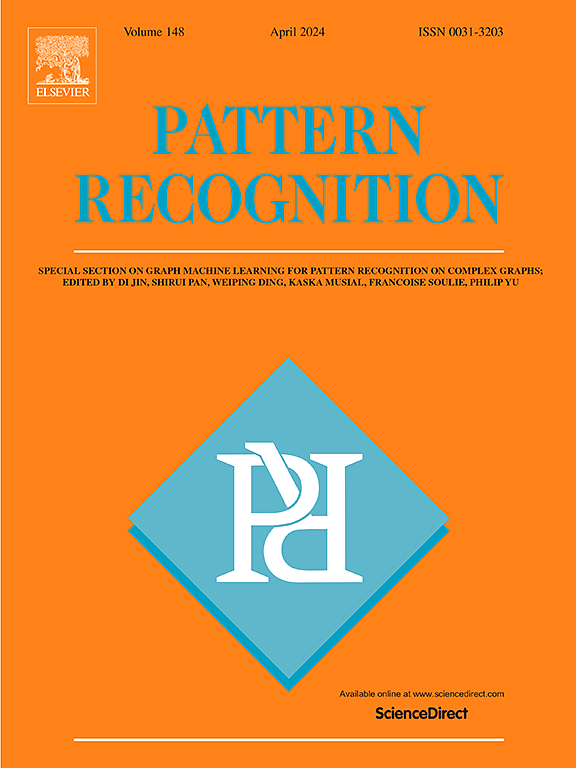SATE: Efficient knowledge distillation with implicit student-aware teacher ensembles
IF 7.6
1区 计算机科学
Q1 COMPUTER SCIENCE, ARTIFICIAL INTELLIGENCE
引用次数: 0
Abstract
Recent findings suggest that with the same teacher architecture, a fully converged or “stronger” checkpoint surprisingly leads to a worse student. This can be explained by the Information Bottleneck (IB) principle, as the features of a weaker teacher transfer more “dark” knowledge because they maintain higher mutual information with the inputs. Meanwhile, various works have shown that severe teacher-student structural disparity or capability mismatch often leads to worse student performance. To deal with these issues, we propose a generalizable and efficient Knowledge Distillation (KD) framework with implicit Student-Aware Teacher Ensembles (SATE). The SATE framework simultaneously trains a student network and a student-aware intermediate teacher as a learning companion. With the proposed co-training strategy, the intermediate teacher is trained gradually and forms implicit ensembles of weaker teachers along the learning process. Such a design enables the student model to retain more dark knowledge for better generalization ability. The proposed framework improves the training scheme in a plug-and-play way so that it can be applied to improve various classic and state-of-the-art KD methods on both intra-domain (up to ) and cross-domain (up to ) settings, under a diversified configurations on teacher-student architectures, and achieves a major efficient advantage over other generic frameworks. The code is available at https://github.com/diqichen91/SATE.git.
SATE:有效的知识蒸馏与隐含的学生意识的教师集合
最近的研究结果表明,在相同的教师结构下,一个完全融合或“更强”的检查点出人意料地导致了一个更差的学生。这可以用信息瓶颈(IB)原理来解释,因为较弱的教师的特征传递了更多的“暗”知识,因为他们与输入保持了更高的互信息。同时,各种研究表明,严重的师生结构差异或能力不匹配往往会导致学生成绩下降。为了解决这些问题,我们提出了一个具有隐式学生感知教师集成(SATE)的可推广且高效的知识蒸馏(KD)框架。SATE框架同时训练学生网络和具有学生意识的中间教师作为学习伙伴。通过本文提出的协同训练策略,中级教师在学习过程中逐步得到训练,并形成较弱教师的内隐集合。这样的设计使学生模型保留了更多的暗知识,具有更好的泛化能力。所提出的框架以即插即用的方式改进了训练方案,因此它可以应用于改进各种经典和最先进的KD方法,在域内(高达2.184%)和跨域(高达7.358%)设置下,在教师-学生架构的多样化配置下,实现了比其他通用框架更大的效率优势。代码可在https://github.com/diqichen91/SATE.git上获得。
本文章由计算机程序翻译,如有差异,请以英文原文为准。
求助全文
约1分钟内获得全文
求助全文
来源期刊

Pattern Recognition
工程技术-工程:电子与电气
CiteScore
14.40
自引率
16.20%
发文量
683
审稿时长
5.6 months
期刊介绍:
The field of Pattern Recognition is both mature and rapidly evolving, playing a crucial role in various related fields such as computer vision, image processing, text analysis, and neural networks. It closely intersects with machine learning and is being applied in emerging areas like biometrics, bioinformatics, multimedia data analysis, and data science. The journal Pattern Recognition, established half a century ago during the early days of computer science, has since grown significantly in scope and influence.
 求助内容:
求助内容: 应助结果提醒方式:
应助结果提醒方式:


